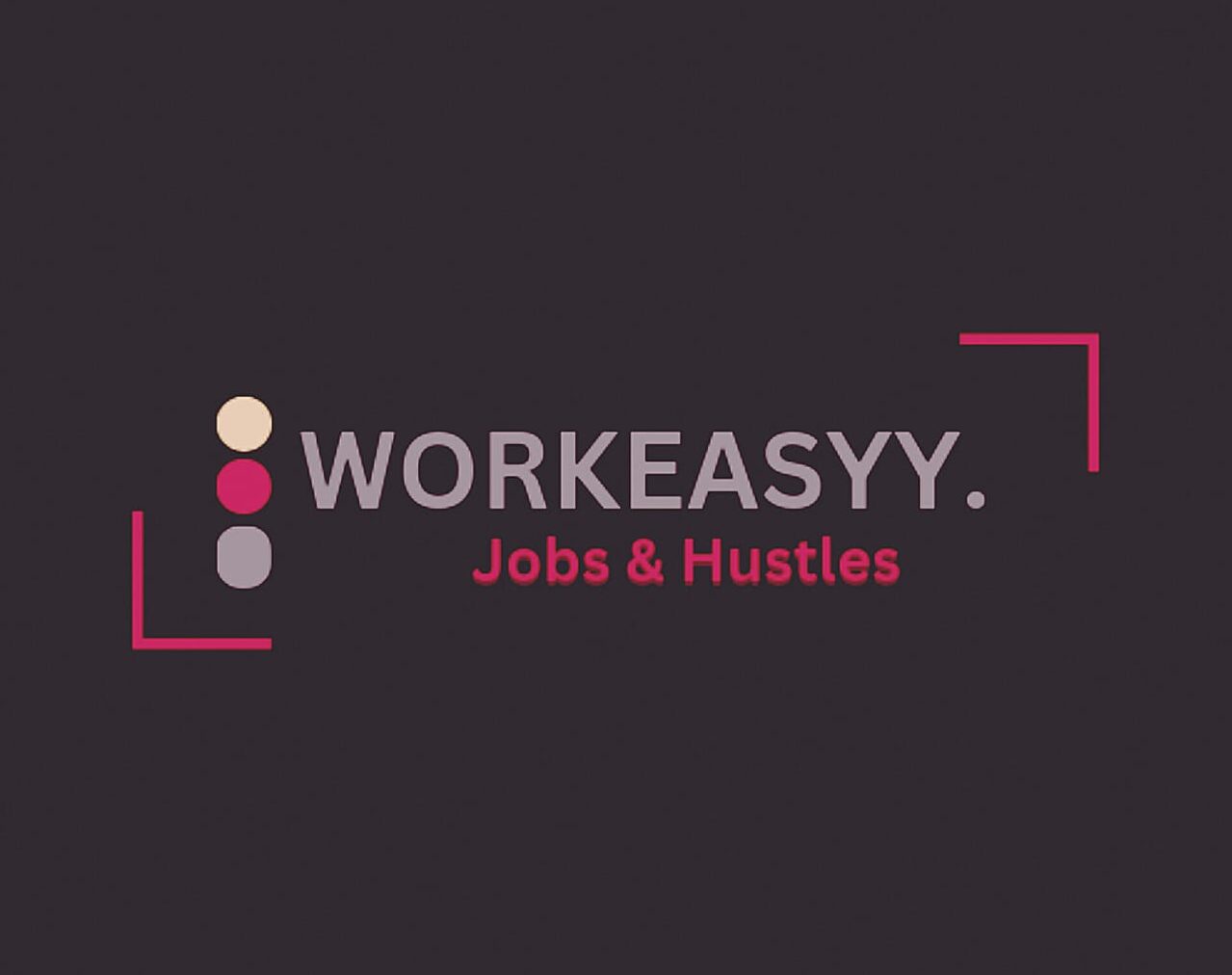The job market continues to change in 2025, and employers are improving how they assess candidates during on-site or traditional office interviews. While you have to apply and submit your resume or sometimes do phone screenings, which help you be shortlisted, the onsite interview mostly determines whether they can hire you. Whether you applied for a corporate position, a start-up role, or something in between, you have to prepare for the interview to boost your confidence.
Here are the most commonly asked onsite interview questions in 2025 and tips on how to answer them.
1. Tell me about yourself.
This question sets the tone and allows the interviewer to learn about your background in your own words. The are different ways to answer this question depending on your years of experience, but if you are a graduate with no experience, the are also ways to answer this question.
If you have experience, this is how you can answer the question: focus on your work journey, talk about where you started and what kind of work you’ve done. Mention a few things you are proud of that you managed to achieve or you are good at, then lastly explain why you’re interested in the job and why it feels like the right step for you.
Here is how to answer this question as a graduate with no experience: simply start by mentioning your field of study and why you chose it. Highlight relevant coursework, research projects you did or leadership roles you took. Lastly, connect your background to the job and company you applied for.
Remember to keep your answer short and talk like you would in a normal conversation.
2. Why do you want to work here?
They will ask you this question because they want to know if you’ve done your research about the company or the role you applied for, and if your goals align with the company’s mission. The way to answer this question is by simply mentioning specific things that you admire about the company, culture, product, goals and mission, and how your skills match their needs. Avoid answering this question by saying something like “this seems like a great company, that’s why I applied “.
3. What are your strengths and weaknesses?
They will ask you this question to assess your self-awareness and honesty. To answer this question, start by picking one or two strengths that match the job, and give an example to show you have used them successfully. Remember to keep it confident but avoid being arrogant. when it comes to your weakness, pick a real weakness and show that you’re actively working on it. Don’t choose something that is a core skill for that job.
4. Describe a time you faced a challenge.
They will ask you this question because they want to see how you handle challenges. While answering this question, use the STAR method (Situation, Task, Action, Result), choose a real example that shows your problem-solving, communication and leadership skills.
The STAR method:
- Situation – briefly explain the situation you were involved in
- Task- describe your responsibility in the situation
- Action – explain the steps on how you dealt with the situation
- Results – Share the outcomes
5. How do you handle tight deadlines or pressure?
They will ask you this question because stressful situations are part of any job, so they want to know if you can keep calm and deliver. This is how you can answer this question: start by recognising that tight deadlines and pressure are part of many jobs, then describe the strategies you use to manage stress and stay productive, if you have tools and methods you use to stay on track, also share those. Lastly, explain how the method led to success.

6. Why are you leaving your current job, or why did you leave your last job?
This question is mostly asked to those people who have experience. They will ask you this question because they’re checking for red flags and want to understand your career goals. The way to answer this question is just to be honest and professional, you must focus on what you’re seeking as a person and in your work space, which can be growth, new challenges, and avoiding bashing/ talking badly about your former employer.
7. What are your salary expectations?
They will ask you this question because they want to assess fit within budget and see if you’ve done market research. First, before going to the interview, find out the typical pay range in the role you applied for. When answering the question, simply give a range, not a single number. For example, you can say I am looking for a salary in the range of R20 000- R30 000, and lastly say that you are open to discussing the salary depending on the full package.
8. How do you prioritise your work when handling multiple tasks?
They will ask you this question because they want to assess your time management and decision-making skills. This is how you should answer this question: first, mention the methods you use when prioritising your work this can be methods as using the to-do list and planning, then talk about how you decide on which task comes first based on deadline or urgency. Lastly, show how you are flexible and how you communicate with your team to stay on track.
9. Do you prefer working independently or in a team?
They will ask you this question because most roles require a bit of both, so they want to see if you can adapt. When answering this question, avoid choosing one side, so start by sharing how flexible you are, then give an example of your independent work and teamwork. Lastly relate it to the role.
10. Do you have any questions for us?
They will ask this question because this tests your curiosity and engagement. So always ask a question, avoid saying you don’t have a question. The are many questions you can ask like
- Can you tell me more about the team I’d be working with?
- What’s the biggest challenge the company is facing this year?
Onsite interviews can be nerve-wracking, but preparation is your secret weapon. All you have to do is understand these questions and write how you will answer them, and you will walk into your next interview with confidence.




